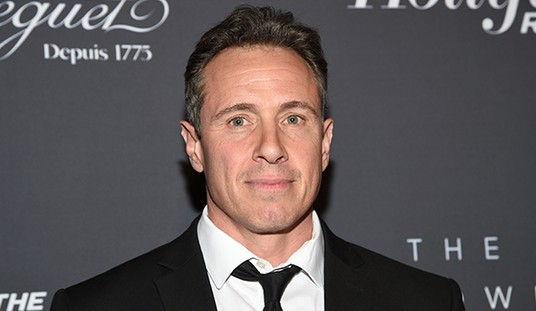The Washington Post recently published some Very Important Scientific Research as part of an effort to understand the minds of male Trump voters, and CNBC’s John Harwood thinks the findings are worth sharing:
interesting research in WashPost: How Donald Trump appeals to men secretly insecure about their manhood https://t.co/t4Z91nojSy
— John Harwood (@JohnJHarwood) November 29, 2018
So, what’s this “interesting research” all about? Well, let’s take a look:
But our research suggests that Trump is not necessarily attracting male supporters who are as confidently masculine as the president presents himself to be. Instead, Trump appears to appeal more to men who are secretly insecure about their manhood. We call this the “fragile masculinity hypothesis.” Here is some of our evidence.
…
We found that support for Trump in the 2016 election was higher in areas that had more searches for topics such as “erectile dysfunction.” Moreover, this relationship persisted after accounting for demographic attributes in media markets, such as education levels and racial composition, as well as searches for topics unrelated to fragile masculinity, such as “breast augmentation” and “menopause.”
In contrast, fragile masculinity was not associated with support for Mitt Romney in 2012 or support for John McCain in 2008 — suggesting that the correlation of fragile masculinity and voting in presidential elections was distinctively stronger in 2016.
The same finding emerged in 2018. We estimated levels of fragile masculinity in every U.S. congressional district based on levels in the media markets with which districts overlap. Before the election, we preregistered our expectations, including the other factors that we would account for.
In the more than 390 House elections pitting a Republican candidate against a Democratic candidate, support for the Republican candidate was higher in districts that, based on Google search data, had higher levels of fragile masculinity. However, there was no significant relationship between fragile masculinity and voting in the 2014 or 2016 congressional elections. This suggests that fragile masculinity has now become a stronger predictor of voting behavior.
Recommended
Yes, John Harwood. This is really “interesting research.”
I didn't vote for Trump, but if you think overlaying voting trends with Google searches for "penis size" is credible research worth publishing in one of the nation's biggest newspapers… you're being insulting and patronizing and making political divisions worse. https://t.co/COLIPCGo30
— Mark Hemingway (@Heminator) November 29, 2018
Of course Matthew Dowd is super-impressed by the science here:
It is called research and analysis Mark. You might try it.
— Matthew Dowd (@matthewjdowd) November 29, 2018
When I think about putting "country over party," that doesn't include obviously dodgy "research and analysis" suggesting my political opponents have small penises.
— Mark Hemingway (@Heminator) November 29, 2018
Amen. That’s because you’re not a douchebag.
It would be fun to see that peer-reviewed. I was laughing reading it (twice).
— ConservativeLA (@ConservativeLA) November 29, 2018
Writer thinks this garbage is interesting? What idiot editor would approve this?
— John L deNoyelles (@jldenoy) November 29, 2018
You're likely just capturing age, geniuses. Topics like erectile dysfunction, testosterone, hair loss, and viagra reflect AGING men. So, what you've alctually proven is that older males are more likely to support Trump. This is why people don't respect social science research. ?♂️ https://t.co/mSJZkj0vv5
— Harold Stickeehands (@StickeeNotes) November 29, 2018
What I leaned today: WaPo spends a lot of time thinking about Trump's voters' genitals. A triumphant moment for Big Data, to be sure.
— Bill Harvey's Ghost (@TheGhostsGhost) November 29, 2018
In conclusion: Toxic masculinity creates men with “fragile masculinity” but mocking men for having ED is okay and not toxic as long as they are Trump supporters.
Any questions, class? https://t.co/Sm97XoL5s6
— Bridget Phetasy (@BridgetPhetasy) November 29, 2018
Editor’s note: This post has been updated with additional text and tweets.
























Join the conversation as a VIP Member